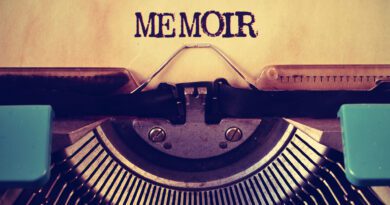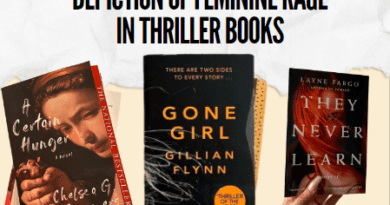Unraveling the Negative Impact of Internet’s Famous Books
Hobbies are an important means of building character, reading being one of them. In the present landscape of the digital world, reading goes hand in hand with the internet. Bookworms often resort to online research for book recommendations, as it is easier and less time consuming. However with the internet elevating certain books to social media fame, popularly known as “Booktok” or “Bookstagram,” the judgements of content within gets clouded. These internet hyped books work as an indication of the complicated equation between internet influence and social impact.
“It Ends With Us” by Colleen Hoover, a love story, is one of the most popular books in social media. Giving in to the hype, readers fail to notice that the love story between the lead characters in the book begins when one of them was 15 years old. Additionally, the lead character’s abusive tendencies is also casually ignored as there is a backstory given to him, which creates a justification for his toxic nature rather than holding him accountable for the same. “The House In The Cerulean Sea” by T. J Klune, disgustingly takes inspiration from a cultural genocide for his fantasy novel, taking away the sensitivity of the situation. Glorifying abusive characters or misusing real life history is a scary message to put out, as the target audience of booktok or bookstagram is young impressionable minds.
Certain books leave a negative impact on readers solely from a literature viewpoint. Books like “The Deal” written by Elle Kennedy are very popular on social media but offer mediocrity with regards to literature, as it contains below average writing or underwritten characters or both. These defeat the whole point of reading books in the form of productive hobbies or entertainment.
The blurred line between quality and internet popularity increases concern regarding what readers are consuming and its impact. It is our responsibility as readers to approach such internet-famous books acutely so that internet culture does not overshadow our inbred judgement regarding social responsibility in terms of morality and ethics as well as literature, in order to lead our generation to a reading culture that is socially and literary more enriched.




